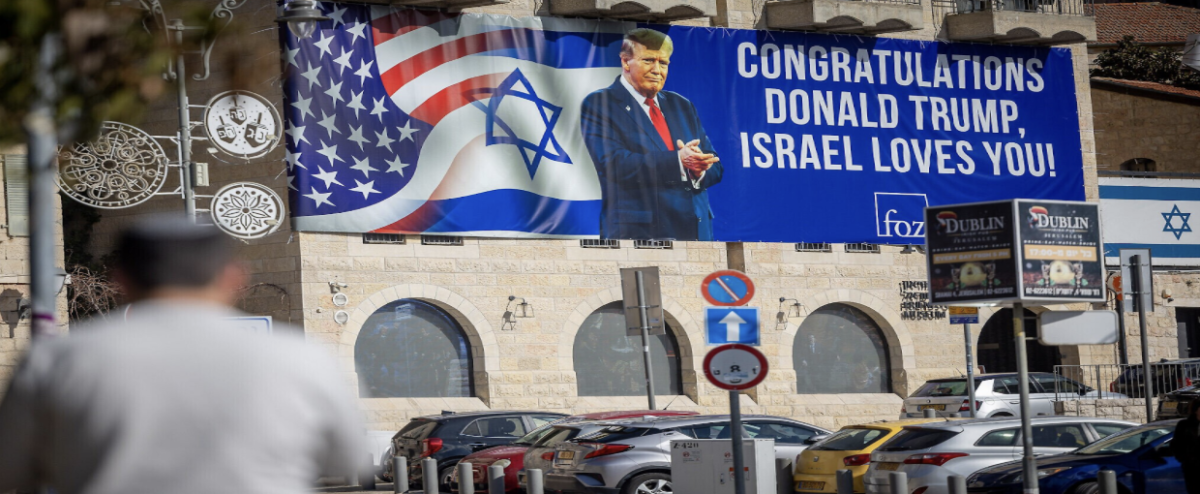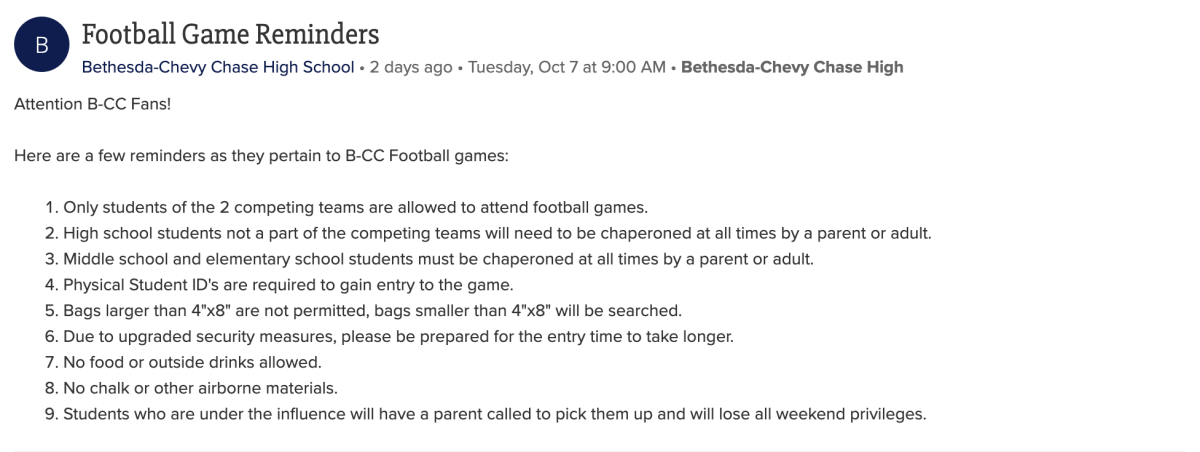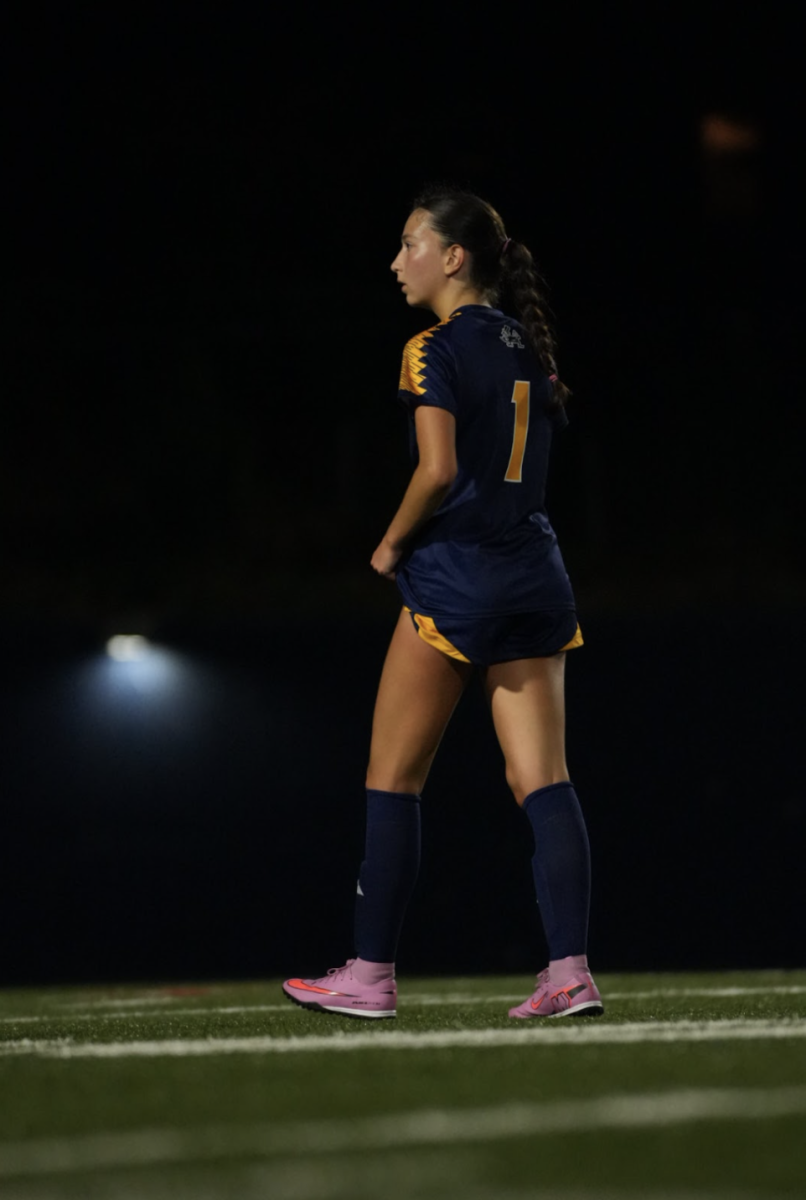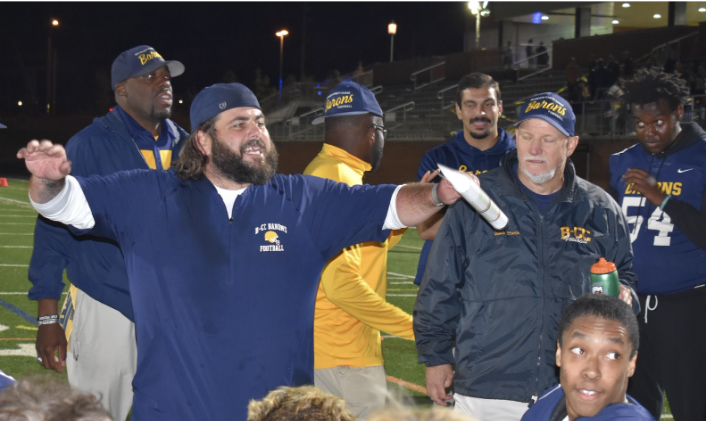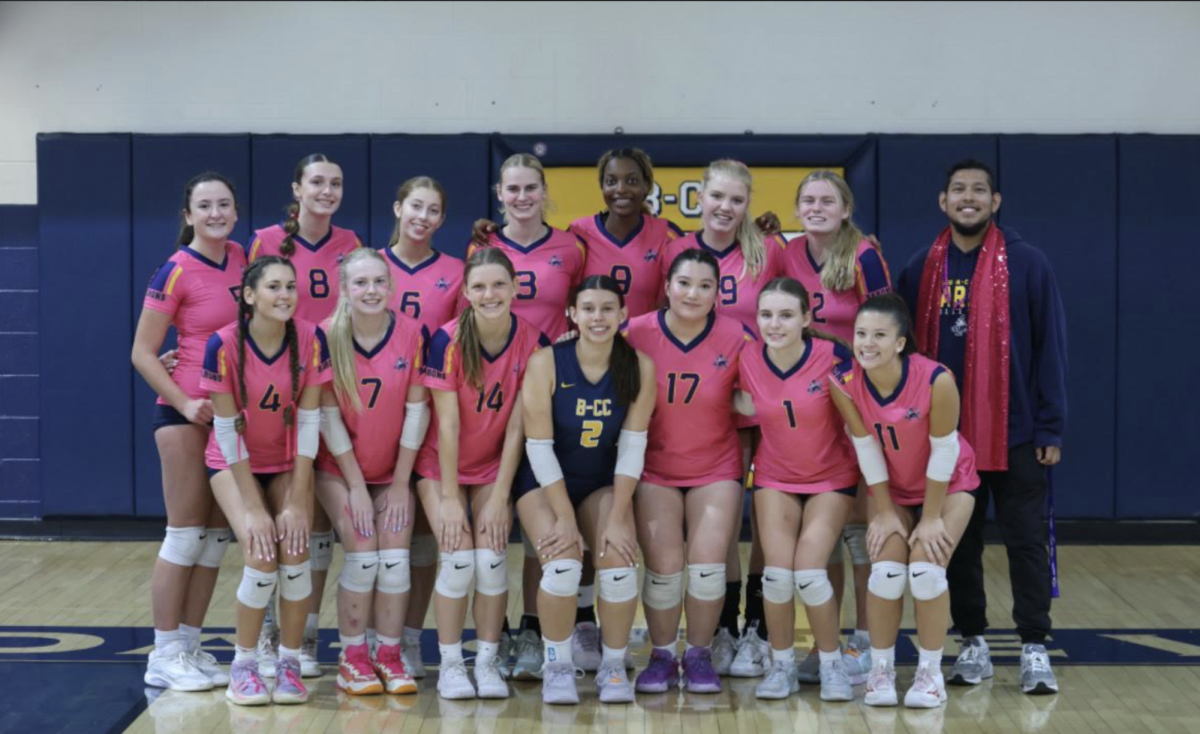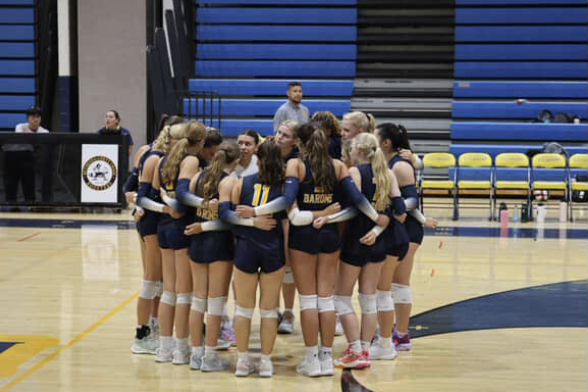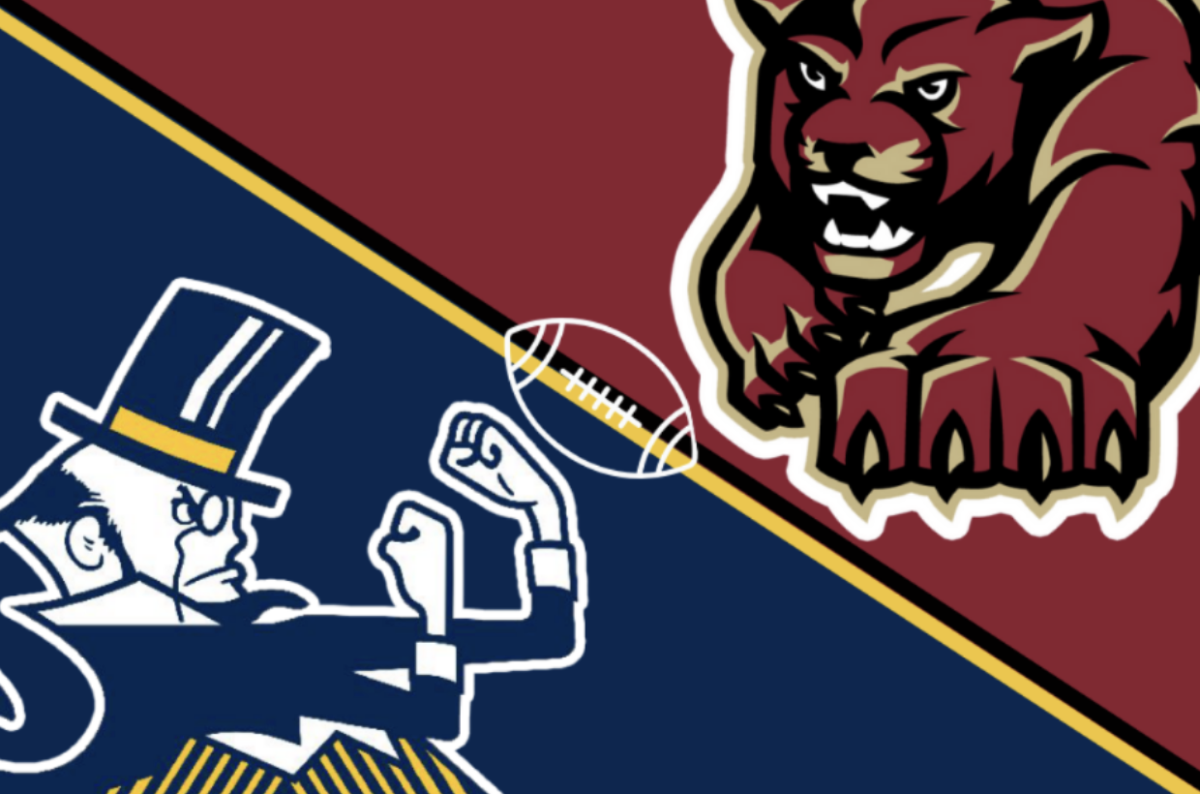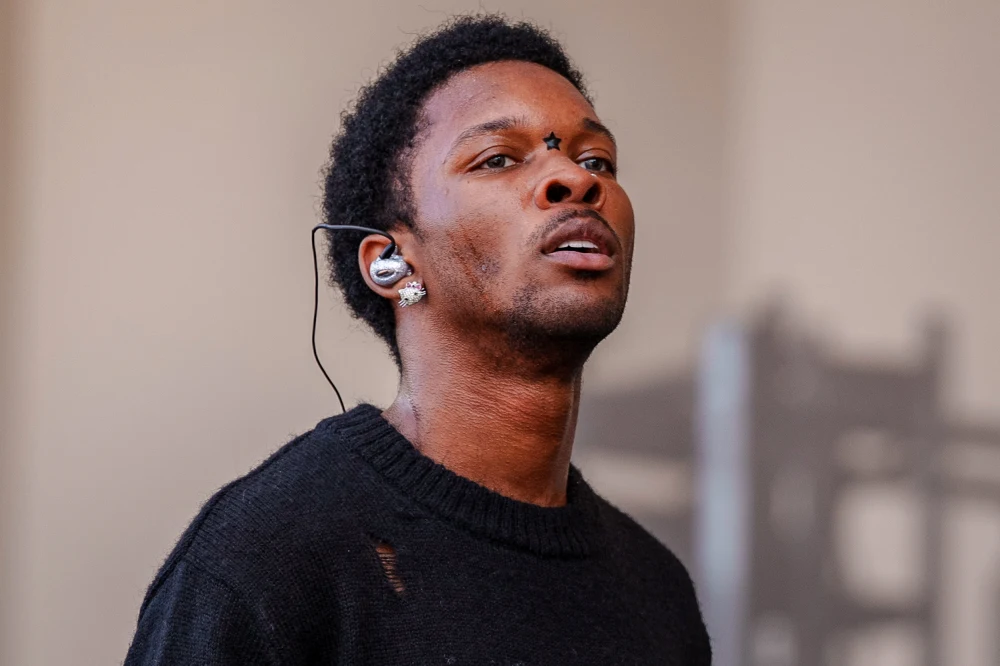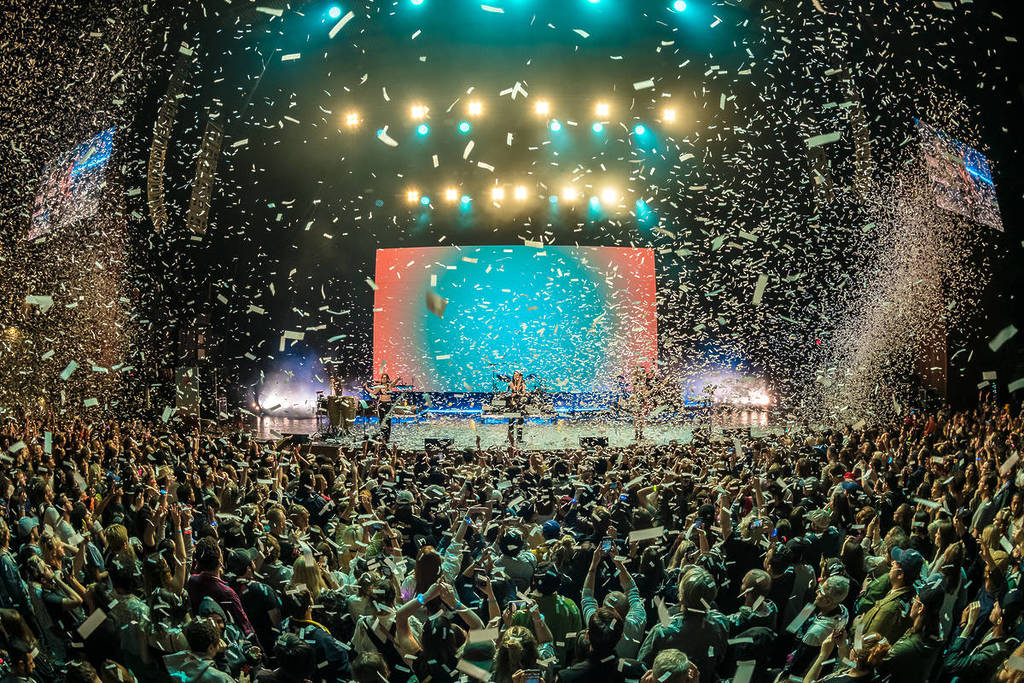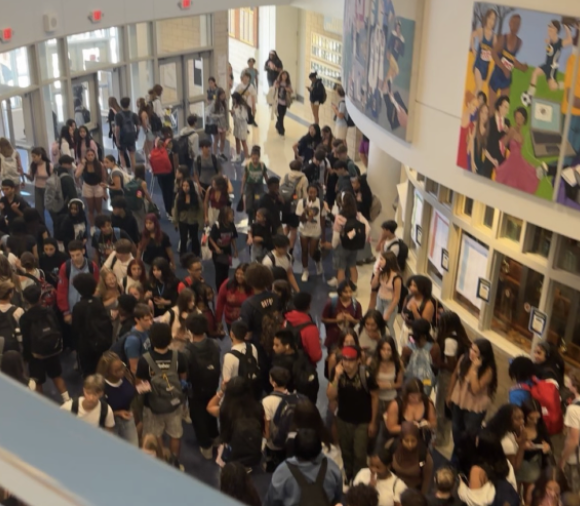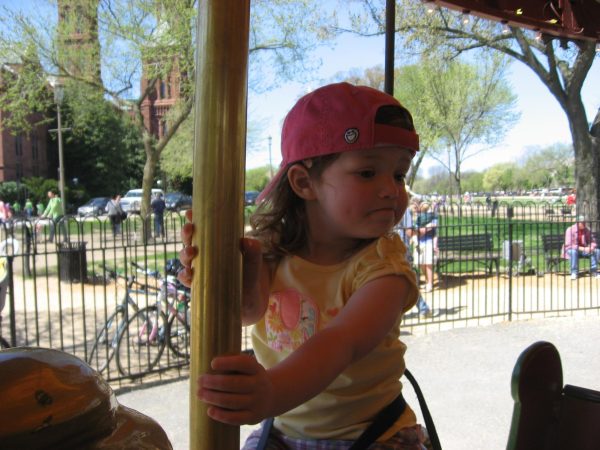What defines performative activism?
Activism is everywhere. Sincerity isn’t.

The black box became a familiar symbol of performative social media activism.
Not being ‘politically correct’ is no longer an option. Or at least, not for seventeen year olds. Our world is crafted around social media, and we are defined by what we stand for.
This activism we pledge ourselves to is a competition. Like drug-sniffing dogs, we’re bred to spot when someone uses the wrong pronoun or an outdated slur. Crackdown on where you spend your money, and stay away from Shein and Chick-fil-a. Keep track of influencers you follow, and when cancelable actions surface, unclick that button as fast as you can.
But just as it’s expected to stay PC in our words, and everyday behaviors, it’s expected for us to own up to our sentiments as well and get involved. Teenagers lead all kinds of social movements and are encouraged to change the world. So we do just that.
It’s just hard to tell which activism is earnest, and which is just checked boxes, attempts to build a college resume, or keep up with the times.
B-CC’s College and Career Counselor, Ms. Heald (who I’m sure you’ve ignored emails from) spoke with a Tattler reporter on student engagement in clubs and activism groups.
“I support 580 seniors and the majority of them are involved [at school],” she said, adding, “your generation in general is very active in social and political movements.” Granted, in an area like the B-CC community, it seems difficult to be uninvolved. “Kids have done fundraisers for Black Lives Matter, or are a part of the LBGTQ community, or environmental clubs. Kids do want to put this stuff on their [college] applications because it makes them look better.”
Charlie Rabiman is co-president of the Jewish Culture Club at B-CC. The group means a lot to him, and he joined to find a Jewish community at school. “I want to share traditions, holidays, and culture with my Jewish classmates,” he shared.
But not everyone in the club is as dedicated as Charlie: “The [meeting] today where we talked about Sukkot and Russell talked about antisemitism, almost everyone there was Jewish. But then at the bigger meetings where people come, get food, and leave quickly, a lot of them aren’t Jewish. They just are coming for free stuff.”
Even if participation is solely based on personal gain, or those looking to join a low-maintenance club, with little passion for the issues they address, it’s still creating community. Maybe not a community with the most dedicated student body, but a community nonetheless.
For the modern teenager, activism is hard to navigate. Some want to change the world, and others couldn’t care less. As we seek to deconstruct unfair systems and support equality in any way we can, it’s important to reflect on why we take the actions and measures we do.

